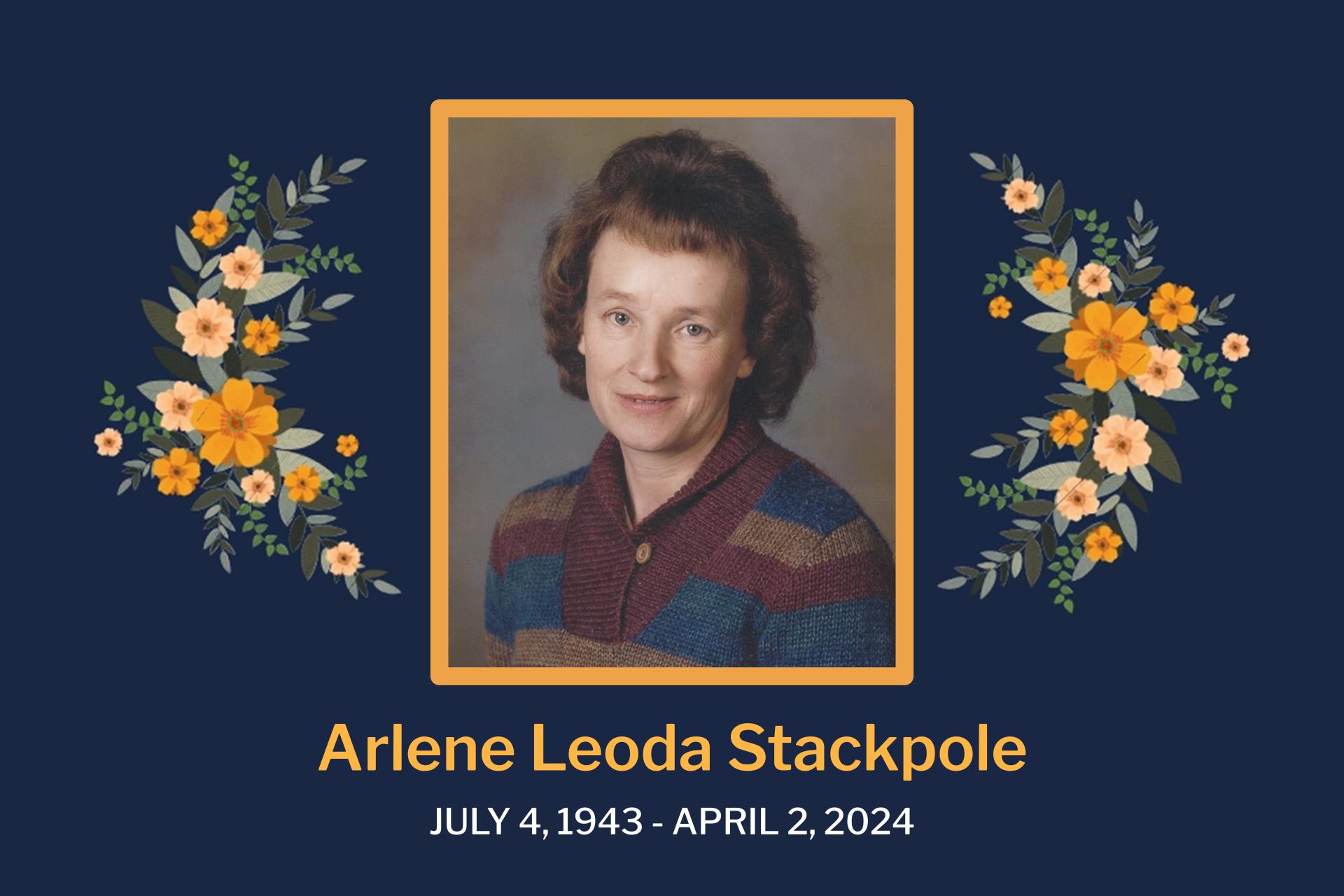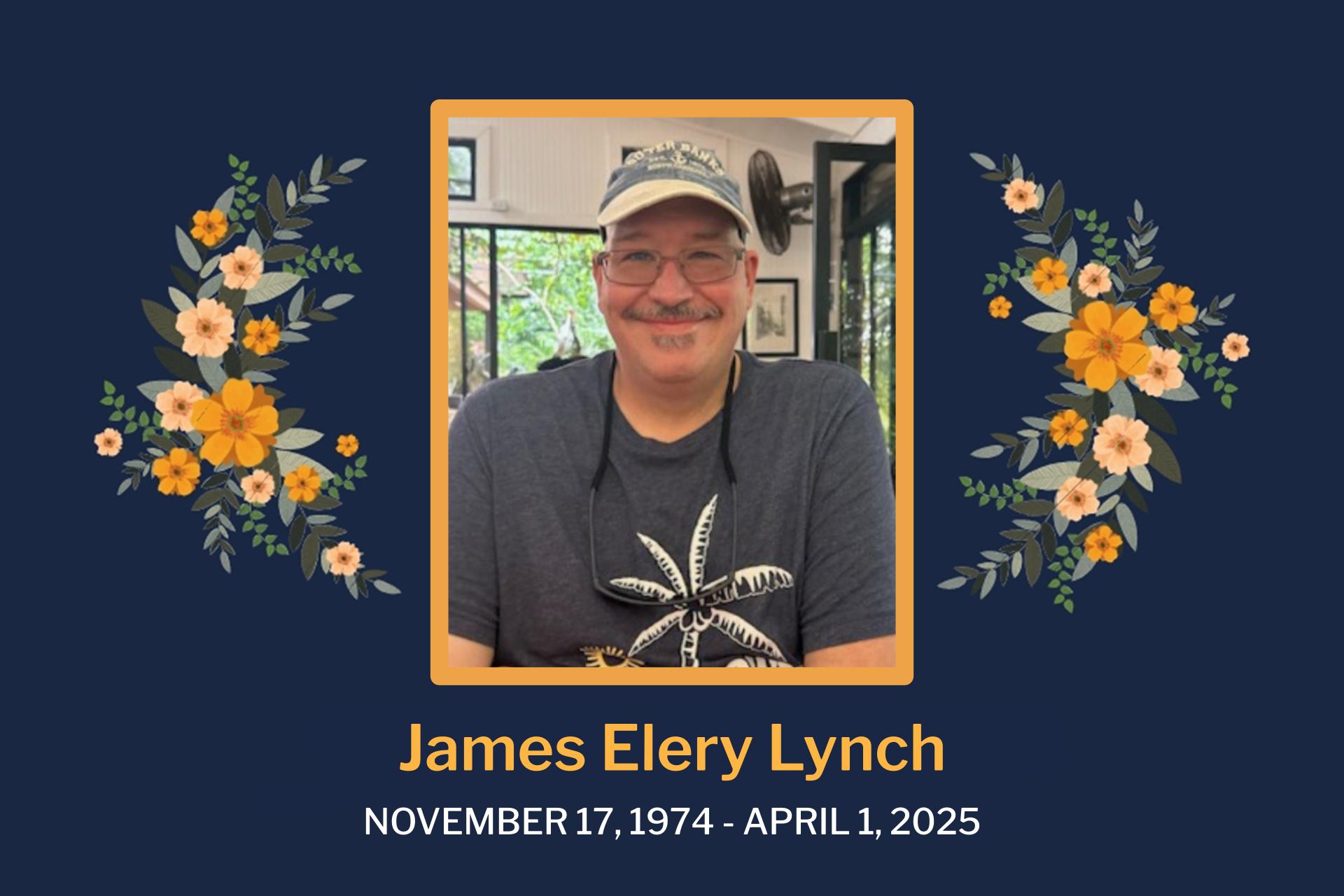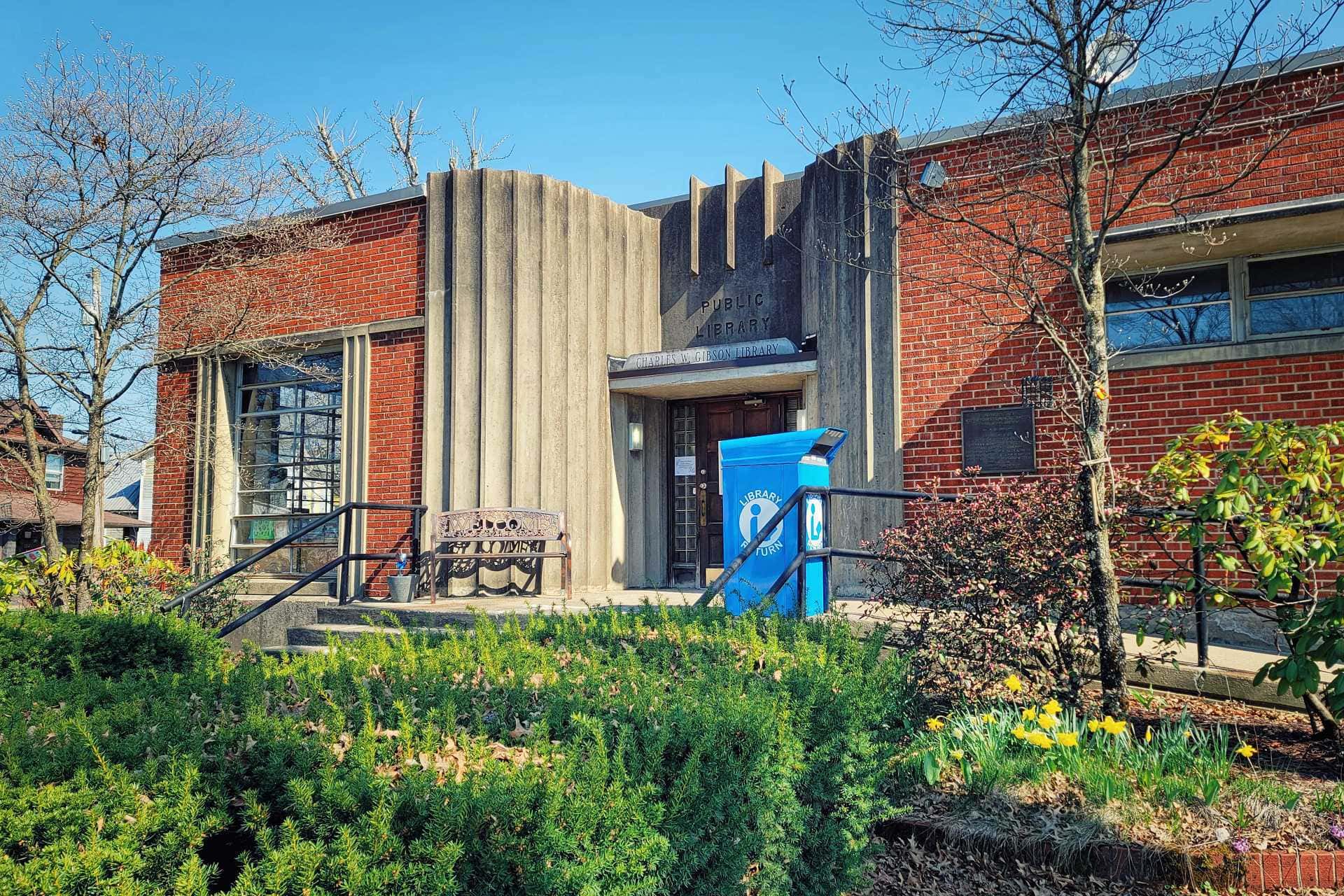BUCKHANNON – Buckhannon City Council on Thursday tabled an ordinance that would have heightened the penalties for violating the city’s two-hour free parking policy, sending the city attorney back to the drawing board.
Disagreement among council members regarding whether the new ordinance was “too punitive” was at the root of the decision to tweak the new ordinance prior to passing it on first reading.
At the beginning of the discussion, city attorney Tom O’Neill said the changes made to a draft of Ordinance 447 reflected a discussion council had at its Oct. 1 meeting and incorporated council members’ recommended edits.
In particular, the ordinance steepens the violation fines from a two-warning system and the issuance of a $25 ticket at each subsequent offense to just one mandatory warning. Then, an escalating fine system of $25 on first offense, $50 on second offense and $100 on any third or subsequent offense would take effect.
Another change to the current parking ordinances now in effect is that a parking enforcement officer is not required to wait two weeks prior to issuing a subsequent citation.
“The clock begins to tick on the next violation at the time the initial warning or citation is made,” O’Neill explained. “So, in other words, if a person is parked illegally and then receives a warning and the car is still there more than two hours later, then we proceed to the first offense. They do not pass go or collect $200 or reset their time.”
O’Neill said he additionally included a stipulation that rolling one’s vehicle forward a space or two – or moving it across the street within the same block or segment of the street – does not reset the two-hour free period.
“We know that is a common practice,” he said. “Somebody will park and then roll the car forward for a new two hours, but no more.”

O’Neill said municipal judge Helen Echard suggested some revisions he added but ultimately agreed Ordinance 447 “was much more streamlined to enforce [the city’s parking policy] for chronic violators.”
Councilman CJ Rylands asked if the “24-month reset” – which is now in effect – had been removed from the ordinance, and O’Neill said it had. According to current ordinances, after a period of 24 months or two years, an individual is granted forgiveness for previous parking violations, so citations don’t stack up over a period of years.
Rylands took issue with removing the 24-month reset and argued that without it, a person could easily start receiving $100 fines if they’ve maintained ownership of the same license plate for 20 or so years.
“We’re ticketing the license plate, not the car, so if I’ve had the same license plate for the previous five to six cars and if I got a warning in 1999, and I got a $25 fine, and then I got a subsequent ticket … pretty soon, I’m going to be up to $100 tickets even though I may have had four different people driving the car,” Rylands said.
Rylands said he strongly disagreed with turning the city’s parking policy into a “punitive” or punishing one, arguing the new policy without the inclusion of the 24-month reset would be bad for business owners, residents and visitors alike.
“The path of ascension that the City of Buckhannon has been on is not for things the city has done but for things the city has not done,” Rylands said. “So, a punitive parking plan hasn’t been in the works. Now, we had one person come to Consolidated Public Works and complain about one other chronic violator and here we are, recycling the whole process and exercising our power and authority to become a punitive parking system in our downtown.”
Rylands is a member of the Consolidated Public Works Board.
“Now, there’s a reason that Buckhannon doesn’t look like a lot of other downtowns,” he continued. “Our storefronts are full. Somebody moves out, somebody’s waiting to move back in. Is it a coincidence that we have this because we don’t have a punitive parking plan? I mean, if you’re going to nurture something, you have to remove the threats. The threat to businesses and customers is the fear of getting a ticket, and in this case, now that the 24-month reset is taken out, it’s going to be perpetual.”
Rylands classified Ordinance 447 as “an overreach.”
“I think it’s an overreach,” he said. “I think it’s exercising power and authority for the sake of doing it – because you have power and authority. It’s not aligned with the best interests of businesses and residents.”
O’Neill said he was “just the scribe” and was willing to redo the ordinance in accordance with council’s policy decisions.
Councilman David Thomas agreed with Rylands that it was “somewhat distressing” that one habitual violator could push the city to redo the enforcement component of its parking policy.
“I think being a municipality where people want to visit us is important,” Thomas remarked. “It is an overreach – I agree with what CJ is saying. Maybe we should table this and come back with another ordinance that will make sense for everybody.”
Rylands said he didn’t want to scrap the entire ordinance.
“I think we did need to adjust this to give us some teeth with chronic violators,” he replied. “I don’t think we need to table this; I think we can get something out of this.”
Councilman Jack Reger suggested offering forgiveness to violators at the end of each calendar year – and also recommended the city invest in some technology that would enable the parking enforcement officer to more easily keep track of warnings and citations.
“If we’re going to do this, we need to invest money in technology to be fair,” he said. “With portable scanners, you have an immediate record. There’s no guesswork – no lost in translation – as you go from notes to a spreadsheet. I think we need to be equitable, fair, professional and precise in everything we do.”
Councilwoman Mary Albaugh concurred with Reger regarding an investment in technology.
“I think it would be easier; I think some kind of reader would work where we could keep the data and download it,” Albaugh said. “We’ve been beating this to death, and two warnings is reasonable. [I don’t want us to] put everything at risk for this punitive system that has the potential to damage the perception of our community.”
Mayor Robbie Skinner took issue with Rylands’s characterization of the city’s intent.
“There is not a single person on this council who wants to exercise authority and control just to exercise authority and control,” he said.
Skinner argued that the city’s parking system did need to be simplified, as the current ordinances were too convoluted and difficult to decipher and enforce. He also said there’s more than one chronic violator.
“There is a violator or two in every day,” he said. “The goal of any parking system is to keep the spaces turning. We’re not trying to force anything down anyone’s throat – if we want to go back to the drawing board, that is fine, but this is not to hurt our downtown business community. We all want our downtown business community to thrive.”
The mayor argued that enforcement is key.

“If we’re going to simplify the system, we also have to be consistent in our enforcement,” Skinner said. “We can’t miss our and we can’t miss days. It’s not worth the paper it’s written on if it’s not enforced.”
Skinner said he’d defer to council’s wishes as to whether members wanted to table the ordinance or take some other form of action.
City recorder Randy Sanders noted that not everyone responded to O’Neill when he asked for feedback on Ordinance 447 after the last discussion at council Oct. 1.
“I recommend we table it, and we all get our thoughts into Tom so he can craft an ordinance and bring it back at the next meeting,” Sanders said. “If people pay attention to their emails and respond to Tom, [this will be easier].”
Skinner and all six council members agreed.
Skinner said council’s “homework” prior to its Nov. 5 meeting was to review the draft ordinance and send questions, comments, additions and subtractions to O’Neill.






















